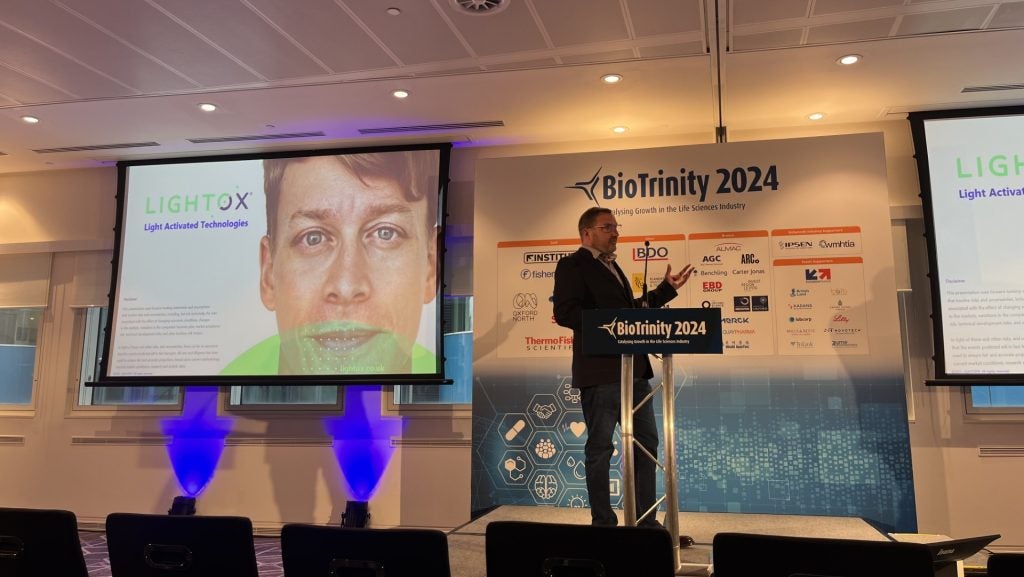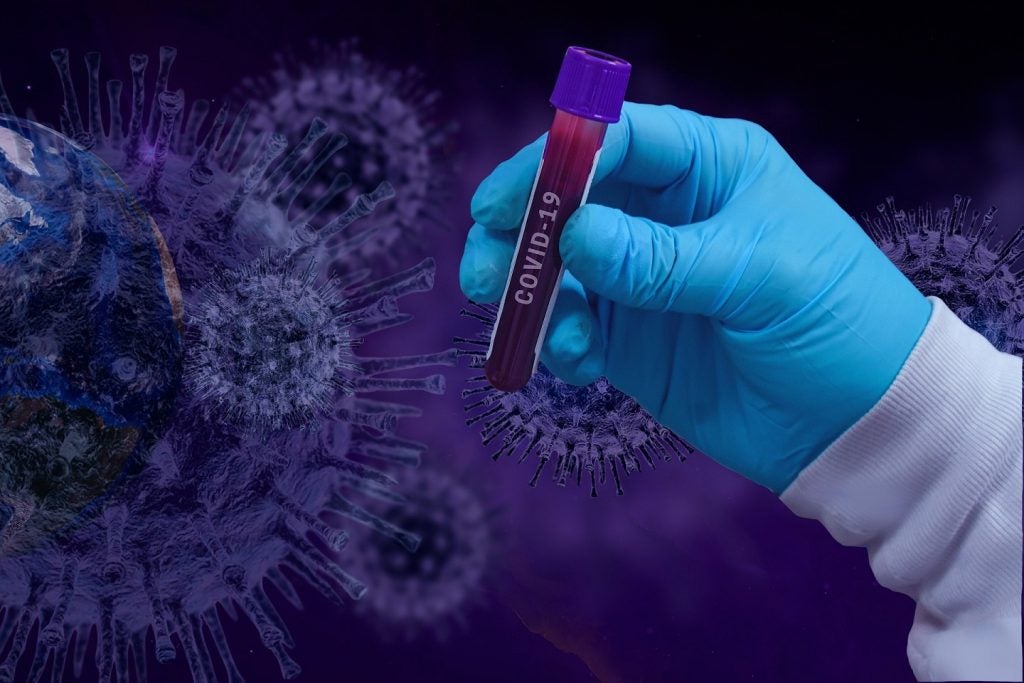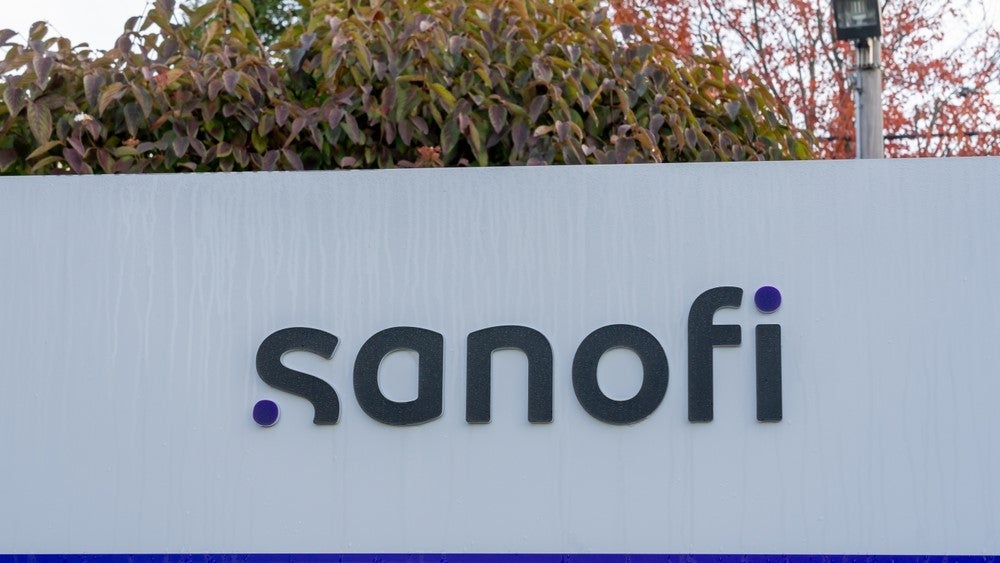With two in five patients with oral cancer dying within five years and 95% of patients requiring life-altering surgery, finding diagnostics and treatments for oral cancer was highlighted as an unmet clinical need at the BioTrinity 2024 conference in London.
The current clinical approach involves the detection of precancerous lesions in the mouth, which are either surgically removed, or monitored by a clinician.
UK-based biotech LightOx has developed LXD191, a light-activated drug that can remove these pre-cancerous and cancerous cells, giving clinicians a different path of action at the identification stage. “What we want to do is intervene early,” said LightOx’s CEO Sam Whitehouse.
LXD191 is a dual-action topical drug that kills cells when activated with light. Whitehouse explained how the light activation works: “It [LXD191] doesn't do much until you shine the light on it…..When it penetrates the cell, and you shine a light on it, these light-activated therapies generate reactive oxygen-species ROS within the cell.”
Oral cancer commonly starts in the flat, thin cells (squamous cells) that line the lips and inside of the mouth. There are several risk factors for oral cancer, including heavy smoking, alcohol use, and excessive sun exposure. Whitehouse highlighted that pre-cancerous lesions disproportionately affect individuals in lower socioeconomic groups, emphasising the significance of a low-cost and easy-to-use device.
The company aims to bring the drug to the clinic next year. Founded in 2016, LightOx has secured $10m in Series A investment which it will use to complete the drug chemistry, manufacturing, and controls (CMC), and first-in-human, as well as Phase I and II trials.
Looking ahead to the future, Whitehouse says that LightOx will use the Innovative Licensing and Access Pathway (ILAP) opportunity to enter Project Orbis, a programme to review and approve promising cancer drugs helping patients access treatments faster. Project Orbis is coordinated by the US Food and Drug Administration (FDA) and the UK Medicines and Healthcare Regulatory Agency (MHRA) joined as a member in 2021. Alongside MHRA, it involves the regulatory authorities of Australia, Canada, Singapore, Switzerland, Brazil, and Israel.
Elsewhere in the oral cancer space, the University of Birmingham in the UK secured £350,000 ($440,958) in March to develop a flavoured lollipop for the early detection of mouth cancer.
The BioTrinity conference is taking place in London from 23-24 April 2024.















